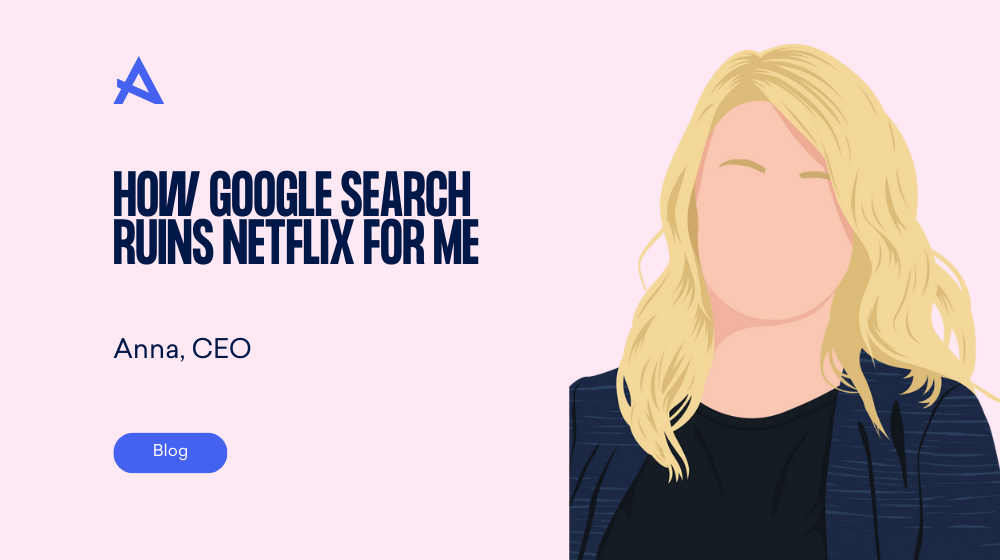I’m not one for watching a TV series as quickly as possible once it pops up on Netflix. That’s a problem though, as it’s a constant battle to avoid spoilers. It’s a fine policy for a while, but eventually somebody always lets something slip.
The world of spoilers feels like a uniquely millennial problem. Before we were all hooked up to Twitter and duel-screening whatever was on TV, it wasn’t too hard to not have somebody let you know what happened at the end of your favourite show.
Now we get people staying up until 2am just to make sure they are the first people to see Game Of Thrones, or using Netflix’s spoiler free version of Twitter while the last episodes of Breaking Bad were showing.
Then there’s the problem when Netflix dump a big series, such as Orange Is the New Black, online on a Friday. People start watching it, reviews start coming out, and spoilers start filling the net regardless if people want them to or not.
The obvious answer to this is to just not to look while you’re working through the series. If only it was so easy. Say a major character dies. Soon articles start appearing saying:
“What next now that [REDACTED] has died”
"It’s a shocking change for OITNB now this major character has been killed."
This is fine except for one thing, although they haven’t put the name of the character in the headline or the meta description Google’s algorithm knows who it’s about. It’s read the keyword density, no doubt seen the image of the person with the alt description and knows exactly who it’s talking about.
So when you innocently Google the person on your phone to, I don’t know, find out a bit of their backstory because it’s been a year since you’ve watched any of the show, up it comes, even on release weekend. Plus, because these are new stories, they actually appear at the top of the results page.
Again the solution to this is not to be foolish and Google character names for a show you haven’t finished. But it does tell us something interesting about how Google works.
Despite all the talk of meta descriptions, H1 tags and ensuing peak keyword density Google’s algorithm is cleverer than just that. It can spot the fact that a new story is about something even when you’re not being that explicit in the headline.
Once again it shows that the type of content is as important to how you are found online. There’s also what people are saying in the links to your site.
My feeling is that Google will tweak the algorithm to prevent this happening in searches at some point, after all anything that prevents people from using the service is something they want to avoid.
Don’t worry, I won’t tell you who died, if you haven’t got to the end yet, although there’s plenty of people out there who will.



